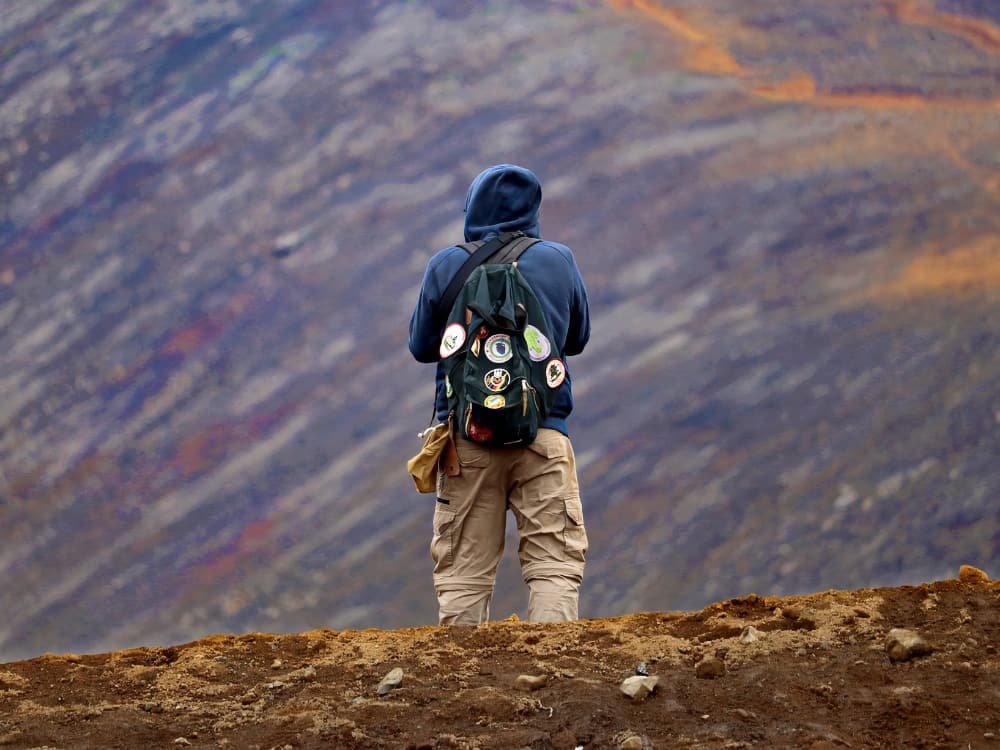The planning for any outdoor adventure trip usually starts off with the drive to explore the wilderness. And when it comes to international outdoor adventures, it’s no different. In fact, it’s filled with much more planning ahead. Except, you might not speak the language. And language is an important aspect of travel. So if you’re buying new gear while learning a few basic phrases, it can see you conquering both the outdoors and the language barrier at the same time!
 But how does one go about the task of preparing for a global backpacking trip? How do you plan to take the leap into the extraordinary and immerse yourself in the unknown? What should you prepare yourself for mentally in terms of culture, sights, and a new way of seeing the world during this outdoor adventure?
But how does one go about the task of preparing for a global backpacking trip? How do you plan to take the leap into the extraordinary and immerse yourself in the unknown? What should you prepare yourself for mentally in terms of culture, sights, and a new way of seeing the world during this outdoor adventure?
In this 3-part article, we’ll be sharing some golden nuggets of wisdom that’ll help you prepare for an outdoor adventure trip abroad. Here’s what to consider to ensure you have a one-of-a-kind trip packed with everything that makes travel so beneficial if you’re outward bound!
Make a Plan for What to See and Do
The first step of the planning process for an international trip is to decide what it is you want to see and do. This will give you a pretty good indication of how long your journey needs to be. You can then start researching each individual nature attraction to get a better idea of what an outing would involve.
This important aspect of pre-trip research helps get you excited about the upcoming trip and can help you build your own library of information that you can use for the next planning phases of the adventure.
Comply with Cultural Norms
There’s a very intricate relationship between language and culture, so just as it’s important to learn some basics about the language, you need to brush up on the cultural side of things too. It’s also important to remember that cultural etiquette varies from one region to the other. It’s likely that you’ll be interested in exploring some sites on your trip that seem off-the-beaten-track, but many of them might be sacred to the indigenous people, so you need to treat them with respect.
Tour companies might not always expect international travellers to abide by all local customs. Still, when you showcase cultural competence throughout your trip, you’ll be seen as a traveler and not just a tourist.

